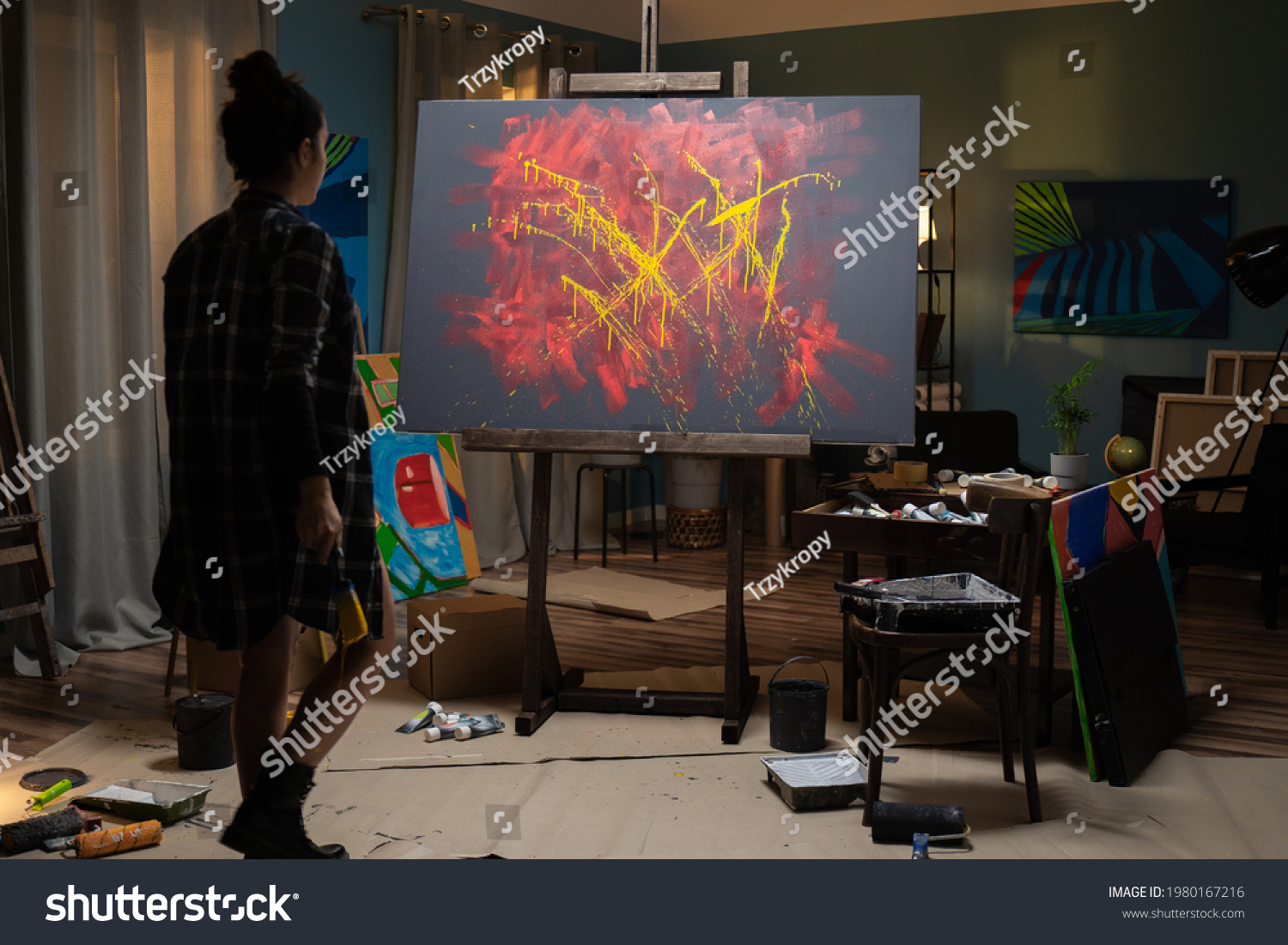Welcome to Evaluate Design Work.
In this topic, you will learn about the following:
- Reflect on work
- Seek feedback
- Identify areas for future improvement and own skill development
- Discuss completed work with others and responding to feedback.
Terminology and vocabulary reference guide
Working in an office environment, you need to be familiar with terms associated with principles and use the terms correctly (and confidently) with clients, your colleagues, and other industry professionals. You will be introduced to many terms and definitions. Add any unfamiliar terms to your vocabulary reference guide.
Activities
There are activities within this topic and an automated quiz at the end of this topic. This is not part of your assessment but will provide practical experience that will help you in your work and help you prepare for your formal assessment.
It is important to critically reflect on your own application of colour and design processes and, in particular, how successful it is in communicating concepts (messages, emotions, ideas, etc.). There are several ways to do a reflection, and it is best practice to write down your evaluation within your visual diary to document and finalise the design process. The following image conveys some key steps that will assist you in the evaluation process.

Before presenting a final product to the client, it is important to identify areas in the design that needs to be worked on and can be improved, this can be accomplished by seeking feedback from appropriate personnel such as mentors or peers. Through these discussions, areas for future improvement can be identified. Let us look at these steps that will help in the development of an exceptional product.

It is essential to accept and deliver constructive feedback as this will support you in recognising strengths, areas of improvement and further development. However, the feedback should not be about how things should be done differently. Instead, it is an open and objective conversation with ideas that diverges from what is already there.
Required personnel such as mentors and peers that include other artists, designers, industry specialists or colleagues. Before you seek feedback, consider yourself what form of input would be most beneficial to you at any point in the design process. Would technical criticism of your skills, technique, and composition be most beneficial or do you want to develop a market for your work or earn a critical reputation as an artist? Before approaching others for criticism, it's crucial to establish personal goals, desires, and possible flaws. Artists who are still developing their style and techniques would find it beneficial to receive verbal feedback from seasoned tutors or other artists. You may find it rewarding to build a network of peers with whom you can verbally exchange feedback and ideas. Building a community of fellow artists will always pay off, whether virtual or in-person, no matter where you are in your design process or career.
Insert activity here.
No one knows your shortcomings better than yourself. Self-reflection essentially allows us to take a step back and reflect on our work in order to find new ways of solving problems and bringing you closer to a well thought out design. Try to define links between the explorations completed and the one you are moving towards throughout the reflections.
Self-reflections are most effective if you make it a habit to evaluate each artwork regularly. You'll get the most out of them if you stick to the same fundamentals for each design. A standard checklist might help you keep your self-evaluations focused and consistent by providing such criteria.
Consider some of the following questions in your self-reflection and for future improvement of your work:
- What factors contributed to the success of the materials, techniques, or processes used? How may these be improved in future?
- What did you anticipate learning when you started experimenting? How did the outcome of the experiment compare to your expectations?
- How does the experiment's success add to the resolution of the exploratory proposal's conceptual possibilities?
- How did you explore and develop new ideas through the process of experimentation?
- Were there any identified areas of improvement through applying colour theory and design process, especially in terms of own skill development?
- Has the design communicated its’ ideas effectively?
Insert activity here.
The feedback you receive from others must be considered objectively. This means you should look at the feedback in an impartial, detached and unemotional way, consider its value, and determine whether it is worth acting upon and using. Although all feedback, and particularly critical feedback, is valuable, it is important to remember that in most cases, feedback is just somebody’s subjective opinion. It is therefore important that you evaluate others’ ideas and opinions, as reflected in their feedback. Questions you could be asking yourself may include:
- Is this feedback relevant to me? Is it credible and justified?
- Is the person giving me this feedback qualified to do so?
- What is motivating this feedback?
- Can I use this feedback?
- Will this feedback be useful in helping me to improve my work?
When you determine that feedback is worth acting upon, you should use it to improve the colour and design work you create. Remember, Andre Derain and his group, “Les Fauvets”, were critiqued on their use of colour that, in the end, made their work unique and created a new movement and inspiration for the use of colours to other artists. Friends also critiqued Vincent Van Gogh for his choice of flower. Had he not stuck to his guns, he would not be known as the “painter of flowers”. Not always does feedback need to be acted upon, but it does deserve acknowledgement. Continuously seek feedback to improve your work.
Insert activity here.
In this topic, we focused on Evaluate Design Work. You have learnt:
- Reflect on work
- Seek feedback
- Identify areas for future improvement and own skill development
- Discuss completed work with others and responding to feedback.

